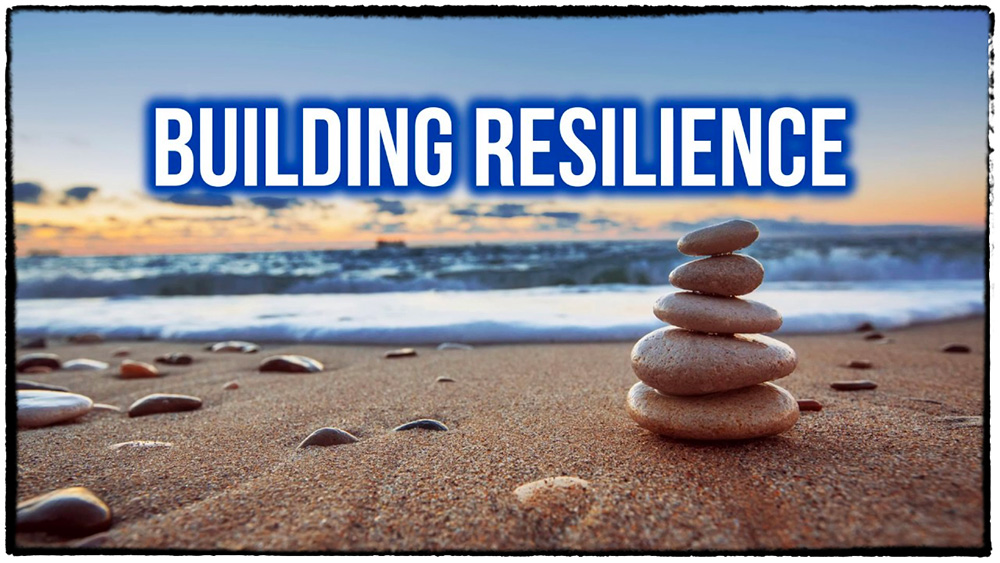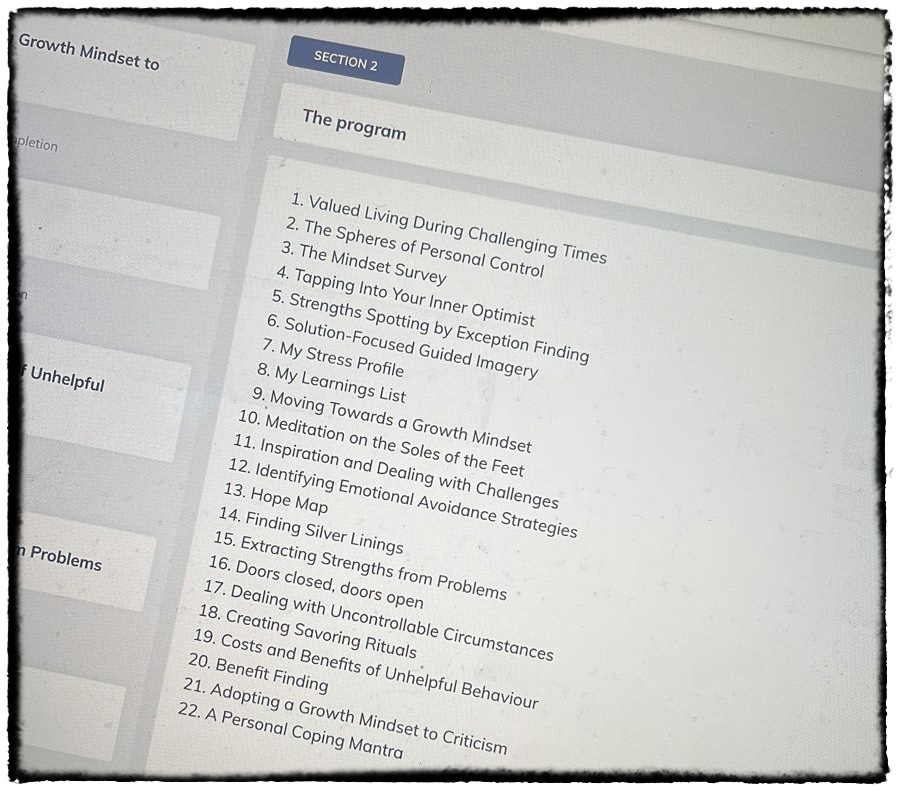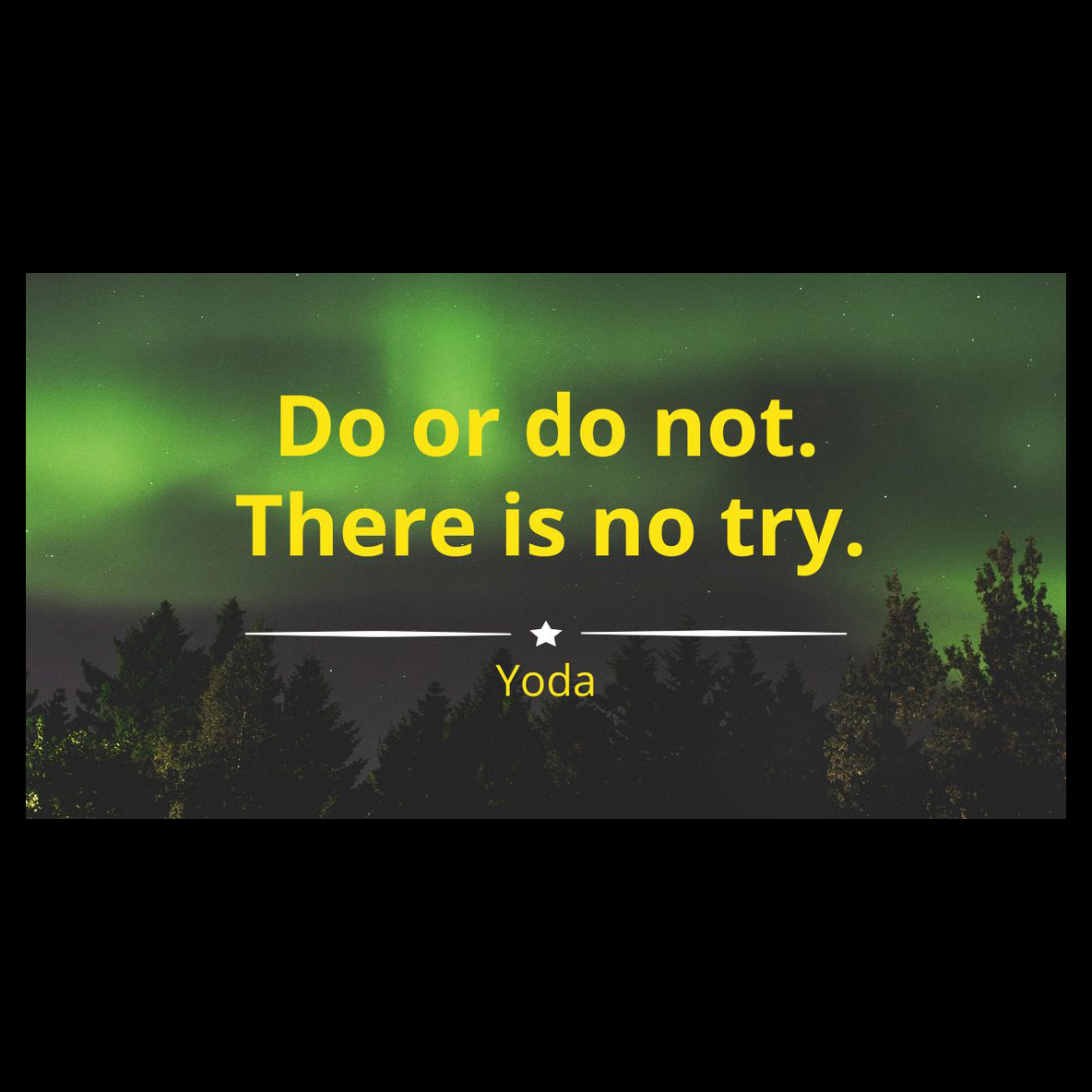Resilience is the psychological quality that allows people to be knocked down by the adversities of life and come back at least as strong as before.
Rather than letting difficulties, traumatic events, or failure overcome them and drain their resolve, resilient people find a way to change course, emotionally heal, and continue moving toward their goals.

Let’s be honest here, the last few years demanded quite a bit of resilience from us.
And it still is.
Psychological resilience has been conceptualised both as a personality trait and as a process that changes over time.
Flexibility, adaptability, and perseverance can help you to tap into your resilience by changing certain thoughts and behaviours.
Think for a moment about people in your life who you have seen deal with challenges and struggles and how differently they all acted and reacted. People differ greatly in their general ability to deal with adversity and challenges and stress.
Over the course of their lifetime, some people may develop a personality trait to better deal with life challenges.
From a process perspective, resilience is conceptualised as a dynamic process that is dependent on circumstances which means that while a person may react positively to adversity at one point in their life, it does not mean that this person will react the same resilient way in other adverse moments of his or her life.

Developing resilience is both complex and personal.
It involves a combination of inner strengths and outer resources, and unfortunately there isn’t a universal formula for becoming more resilient.
We are all different.
Very!
While one person might develop symptoms of depression or anxiety following a traumatic event, another person might not show any symptoms at all.
Resilient people often have a number of different characteristics that help them deal with and ‘manage’ life’s challenges.
Some of the signs of resilience include:
Social support: Having a solid network of supportive people is another sign of resilience. Resilient people recognise the importance of support and knowing when they need to ask for help.
A survivor mentality: When people are resilient, they view themselves as survivors. They know that even when things are difficult, they can keep going until they make it through.
Effective emotional regulation: Resilience is marked by an ability to manage emotions in the face of stress. This doesn’t mean that resilient people don’t experience strong emotions such as anger, sadness, or fear. It means that they recognise those feelings are temporary and can be managed until they pass.
Problem-solving skills: When problems arise, resilient people look at the situation rationally and try to come up with solutions that will make a difference.
Feeling in control: Resilient people tend to have a strong internal locus of control and feel that their actions can play a part in determining the outcome of events.
Self-compassion: Another sign of resilience is showing self-acceptance and self-compassion. Resilient people treat themselves with kindness. Especially when things are hard.

As with anything in life, there is never a quick fix solution to building resilience.
Building resilience is something you need to be aware of, focus on and work on.
Below are a few resilience tips you could use.
Get connected. Building strong, positive relationships with loved ones and friends can provide you with needed support and acceptance in good and bad times.
Make every day meaningful. Do something that gives you a sense of accomplishment and purpose every day. Set goals to help you look toward the future with meaning and excitement.
Learn from experience. Think of how you’ve coped with hardships in the past. Consider the skills and strategies that helped you through difficult times. You might even write about past experiences in a journal to help you identify positive and negative behaviour patterns — and guide your future behaviour.
Remain hopeful. You can’t change the past, but you can always look toward the future. Accepting and even anticipating change makes it easier to adapt and view new challenges with less anxiety.
Take care of yourself. Tend to your own needs and feelings. Participate in activities and hobbies you enjoy. Include physical activity in your daily routine. Get plenty of sleep. Eat a healthy diet. Practice stress management and relaxation techniques, such as yoga, meditation, guided imagery or even just deep breathing.
Be proactive. Don’t ignore your problems. Instead, figure out what needs to be done, make a plan, and take action. Although it can take time to recover from a major setback, traumatic event or loss, know that your situation can improve if you work at it.
During the last few months I have found that resilience is one of the fundamentals of the work I’ve done with my coaching clients. It, without a doubt, makes a huge difference to mindset, goal chasing, happiness and even just general day to day coping.
I believe in resilience so much that my first online coaching program will have it as the main focus.

“Resilience is very different than being numb. Resilience means you experience, you feel, you fail, you hurt. You fall. But, you keep going.” ~ Yasmin Mogahed
Becoming more resilient takes time and practice, but it will make a difference to you headspace, attitude and life.
If you don’t feel you’re making progress and need a starting point from where to grow, please feel free to get in touch. I’d love to help where I can.
G.
✌🏼
















